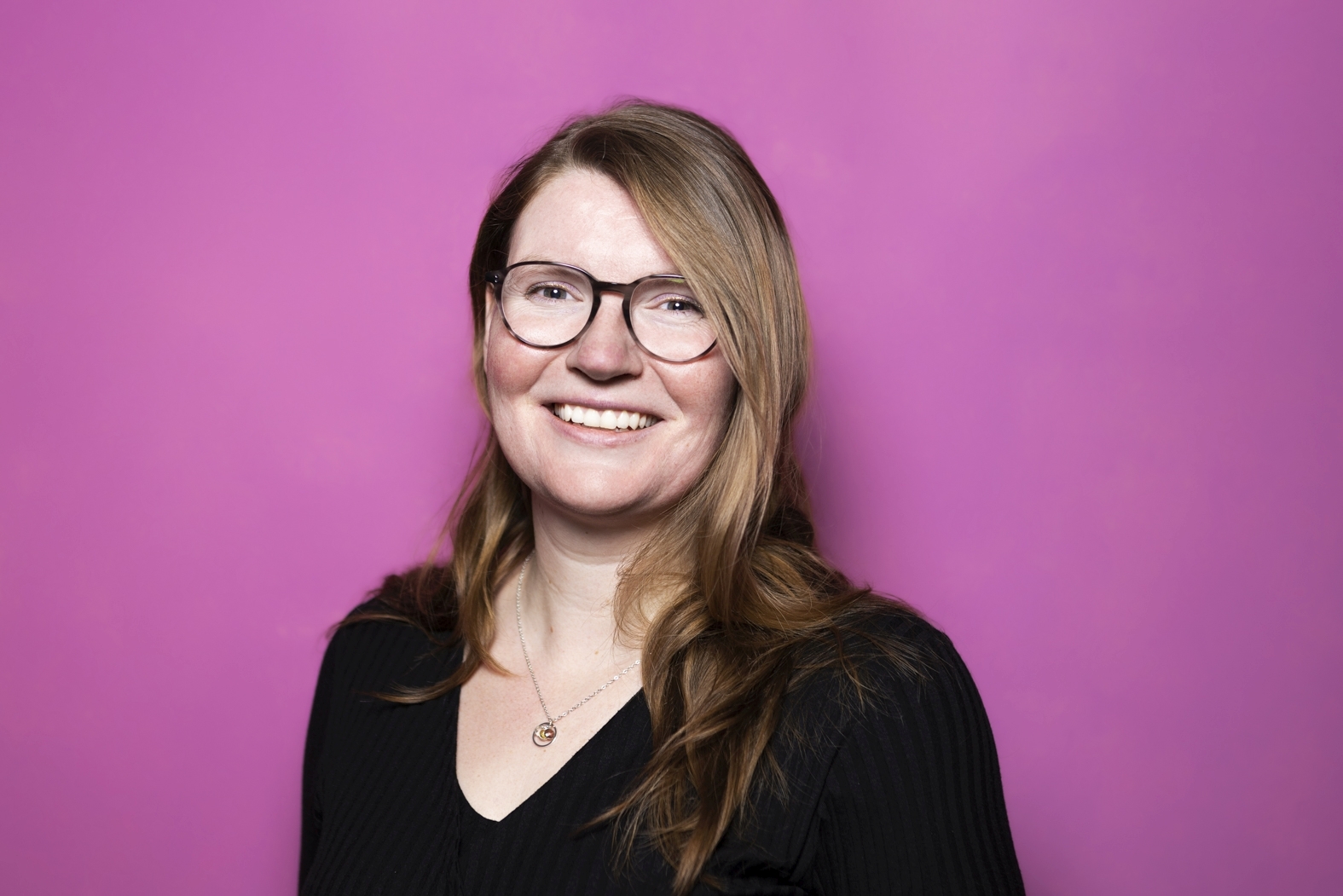Portrait by Martijn Gijsbertsen.
Get to know Dr Callista Mulder, one of the invited speakers to the upcoming 16th NYRA Meeting in Brussels (May 27th-29th), through this interview.
Dr Callista Mulder is based at Amsterdam UMC in the Netherlands. Her research focuses on the development of safe and effective reproductive therapies for individuals facing challenges in conceiving through conventional means. Dr Mulder’s research primarily centers on the fundamental and preclinical aspects of reproductive medicine. She earned her Ph.D. from Amsterdam UMC in the Netherlands, specializing in male fertility preservation and restoration techniques, including Spermatogonial Stem Cell Transplantation (SSCT). Following her doctoral studies, she pursued postdoctoral training, delving into female fertility preservation at Radboudumc in the Netherlands and furthering her expertise in male fertility restoration techniques back at Amsterdam UMC. She served as a visiting postdoc at the Robinson Research Institute of the University of Adelaide in Australia. Dr Mulder currently holds the position of Assistant Professor at the Reproductive Biology Laboratory of Amsterdam, where she integrates basic research on spermatogenesis with preclinical investigations into novel stem-cell-based therapeutic approaches for male infertility.
When and why did you decide to work in the field of reproductive biology?
The biology behind reproduction and the development of a new child is in my view, one of the most fascinating things in life. My interest in this started quite young, I even gave a presentation (Dutch: spreekbeurt) in primary school on the topic “babies”, showing my classmates pictures from early embryos and foetuses!
Of course, I did not decide at that time to become a reproductive biologist working on spermatogenesis and spermatogonial stem cells. Actually, throughout my masters I focussed on cancer and tumour growth. For me, it is a process of opportunities and following interests and motivation.
If I really need to pinpoint the time when I decided to work in reproductive biology, it must be the time I applied for a PhD in the group of Prof. Dr. Ans van Pelt in 2011. This project, focusing on the potential risks of spermatogonial stem cell transplantation on the offspring, sparked so much enthusiasm! I knew I could commit to the topic. Even though I had a taste from related fields in reproduction in and after my PhD, the love for the testis is still undeniably high.
Could you name a moment of challenge (and which lesson did you learn from it)?
In the middle of my PhD, a murine virus infection resulted in the abrupt end of my project. I felt like all was lost and that I would never be able to finish my PhD. After some crying (don’t we all during our PhD?), I got myself back together. Perseverance and staying down-to-earth helped me in this. A collaboration with Dr. Aafke van Montfoort from Maastricht University boosted my motivation again. My biggest lesson from this is that if you persist you will succeed.
What was the greatest success in your career?
In 2022, two of ‘my’ PhD students successfully defended their thesis. Of course, this was their achievement, but I was so proud of them! The fact that I could sit with the professors filled me with a sense of accomplishment. I was still a postdoc then. Last year, I transitioned to Assistant Professor. I felt like: now, I am here to stay.
In addition, I am proud that I successfully combine the care of two young children with a career in research. My husband taught our 4-year old daughter that mom is a ‘scientist’, which still feels a bit pretentious. I sometimes joke that I am Dr. Mommy. The balance can be challenging, but very fulfilling.
Which advice would you give to young researchers?
Follow your heart and stay keen on opportunities. As my mother would say, no one will just show up at your door with an amazing offer… you have to take action yourself.

